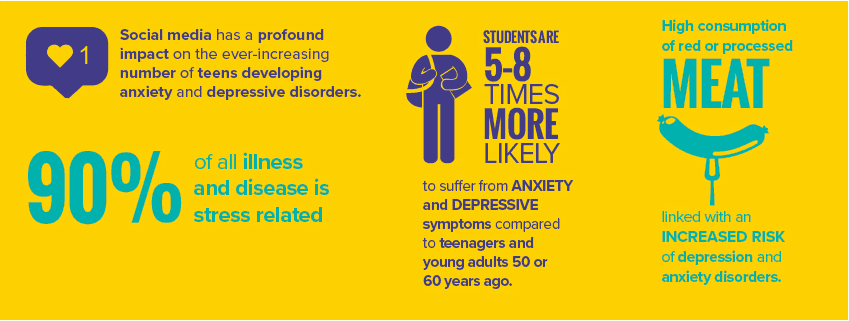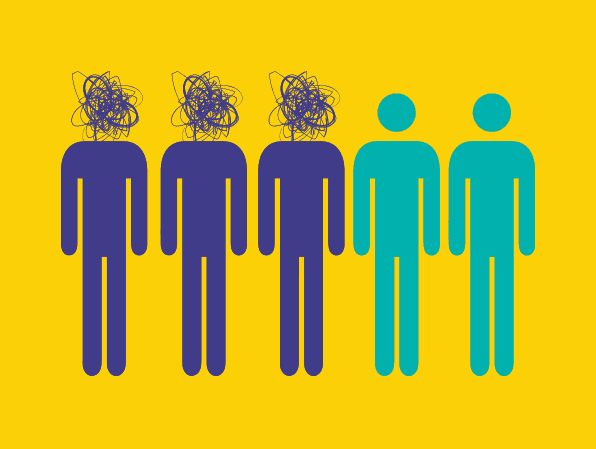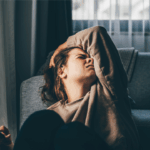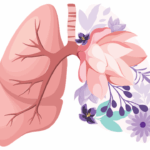Anxiety is one of the most common mental health disorders in North America, and the National Institute of Mental Health reports that by 2020, seven out of ten individuals will be affected. Even more disconcerting is that nearly one in three adolescents has an anxiety disorder, so much so that many feel we have an anxiety epidemic, and today’s teens are considered the most anxious generation.
Like many other mental health disorders, anxiety results from a combination of biological, psychological, genetic, and other individual factors. Also, one of the leading causes of the increase in anxiety disorders is stress. Prolonged stress and anxiety cause degeneration in the brain and reduced functioning of the hippocampus, the prefrontal cortex, which as a response increases the risk of disorders such as depression and anxiety – a vicious cycle.
WHAT IS STRESS?
Stress is what a person feels when they perceive that life’s demands exceed their ability to meet or to adapt to these demands. Medical research suggests that up to 90% of all illness and disease is stress related, and I would certainly put anxiety near the top of this list. In my 25 years’ experience, I never treated a case of anxiety that was not associated with some degree of adrenal dysregulation. One of the primary roles of the adrenal glands is to help the body adapt to various stressors. However, chronic stress puts constant demands on the adrenals that can lead to dysregulation causing an over- or underproduction of these vital stress hormones resulting in insomnia, a weakened immune system, high blood pressure, muscle pain, anxiety, and major depressive disorder.
Social media has a profound impact on the ever-increasing number of teens developing anxiety and depressive disorders. Of course, the effects of social media can affect adults as well, however, many adults have the skills and life experience to know when to disconnect. In North America today, high school and university/college students are 5–8 times as likely to suffer from anxiety and depressive symptoms compared to teenagers and young adults 50 or 60 years ago. Some experts suggest it is because they are more exposed to stress, and other factors, which include poor diet, lack of exercise, the role of family, and social media such as Facebook, Twitter, and Snapchat. Various studies and reports have found that media portrayals of body image and the “ideal” life create unrealistic expectations for young adults and teenagers, disrupting their “normal identity development,” thus leading to depression and anxiety.
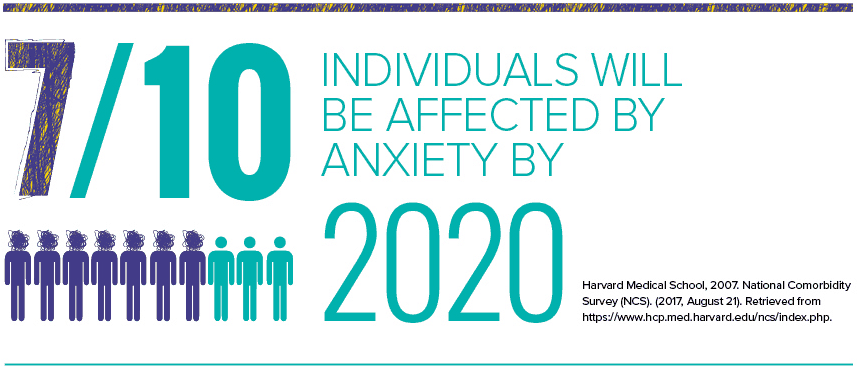
HOW TO BUFFER THE EFFECTS OF STRESS?
3 BRAINS TOTAL™ is a dietary supplement sold in health stores which contains essential nutrients to support the intricate interaction between the gut, heart, and brain. It also contains probiotics, omega-3s, grapeseed extract, and curcumin which all help promote a healthy inflammatory response, a significant factor for emotional and cognitive health. With the addition of phosphatidylserine the supplement can help offset the reaction to stress by decreasing levels of stress hormones. This convenient daily packet is an all-in-one kit to keep it simple and provide the nutrition needed to fight stress.
OTHER IMPORTANT HERBS AND SUPPLEMENTS:
WOMENSENSE® ADRENASENSE® contains essential herbs that can support a healthy response to stress. Stress and elevated stress hormones are one of the leading causes of occasional anxiety. Suggested usage: 2 capsules 1–2 times per day or as directed by a health professional.
STRESS-RELAX® PHARMA GABA® Gamma-amino-butyric acid (GABA) is an inhibitory neurotransmitter in the brain, and it acts like a car brake in times of increased stress, eliciting a sense of calm. Healthy levels of Pharma GABA are linked to a healthy mood and quality sleep. Pharma GABA is a natural form of GABA made by a fermentation process and has been clinically shown to be safe and effective. Suggested usage: 100–200 mg, up to 3 times daily.
L-THEANINE – Preliminary studies confirm that L-theanine increases serotonin, dopamine, and GABA. Anxiety-reducing effects of L-theanine are believed to be mediated by enhanced alpha brain wave activity similar to that found in meditation. Suggested usage: 200 mg twice daily for moderate anxiety; more severe may require 200 mg, 3–4 times daily.
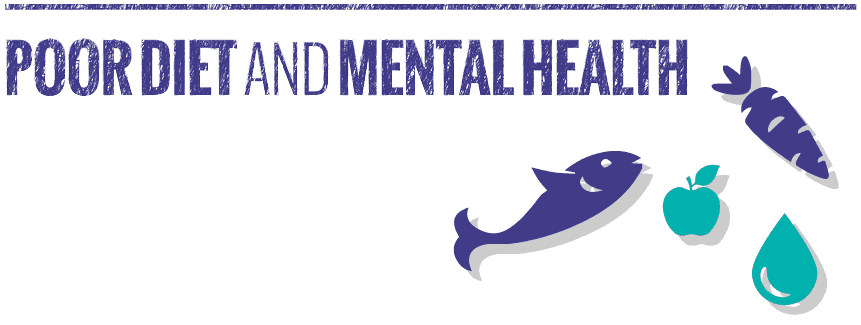
Diet is such a critical component of mental health and understanding the role that a healthy diet plays in mental health has inspired an entire field of medicine called nutritional psychiatry.
WHAT WE EAT MATTERS FOR EVERY ASPECT OF OUR HEALTH
– especially, our mental health. It is essential to know where your food comes from and to make sure it is of the highest quality. A diet, such as the Mediterranean diet, with a high intake of fresh fruit, organic vegetables, non-GMO whole grains, fresh fish, cold pressed, extra virgin olive oil, low-fat dairy (without added bovine somatotropin [BST] growth hormone) and a low intake of animal foods is linked with a decreased risk of anxiety and depression. However, a diet with a high consumption of red or processed meat, refined grains, sugars, sweets, high-fat dairy products, butter, and potatoes combined with a low intake of fruits and vegetables is linked with an increased and much higher risk of depression and anxiety disorders.
ANXIETY IS AFFECTING PEOPLE OF ALL AGES
like a noncontagious cognitive plague, but the good news is by changing diet, reducing stress as much as possible, and supporting the body’s adrenal glands, you can see very positive results in general and mental health.
